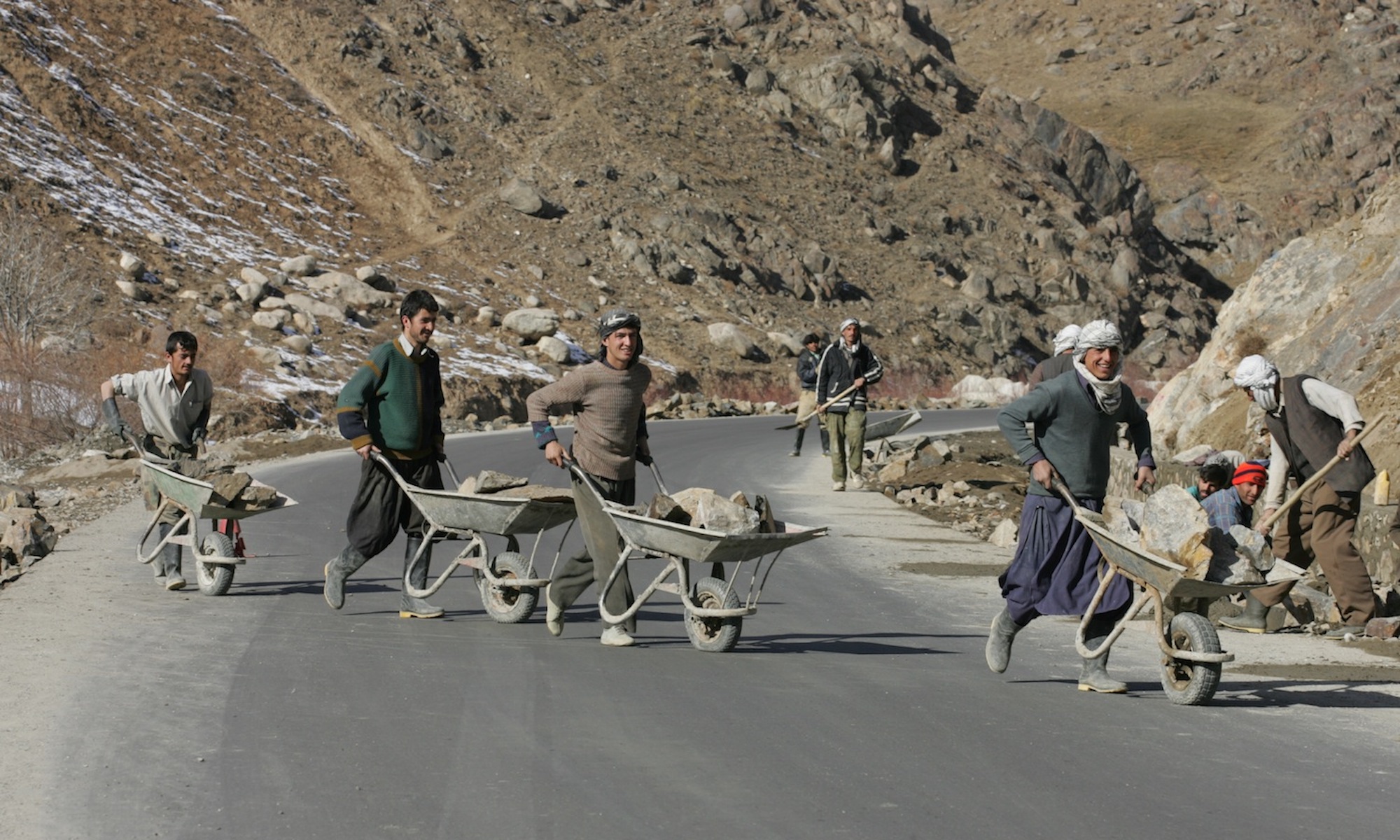This essay examines Sierra Leone’s security sector reform (SSR) programme in the context of a post-war recovery agenda with strong international involvement. It discusses the background and priorities as well as the successes and failures of the programme in the areas of armed forces restructuring; disarmament, demobilization and reintegration; police reform; parliamentary oversight; justice sector reform and intelligence and national security policy coordination. It concludes that an ongoing SSR programme in the country should be owned and driven by Sierra Leoneans with support from the international community, and that SSR should go beyond the restructuring of formal security institutions and retraining their personnel, and also work to strengthen the oversight capacities of parliament, the judiciary and civil society groups.

INSCT Postconflict Research Database
The Institute for National Security and Counterterrorism's Postconflict Research Database & Analysis Project stores cross-indexed bibliographic information on hundreds of journal articles, books, book chapters, and case reports that address the broad, interdisciplinary fields of postconflict reconstruction, stabilization, and peacebuilding.